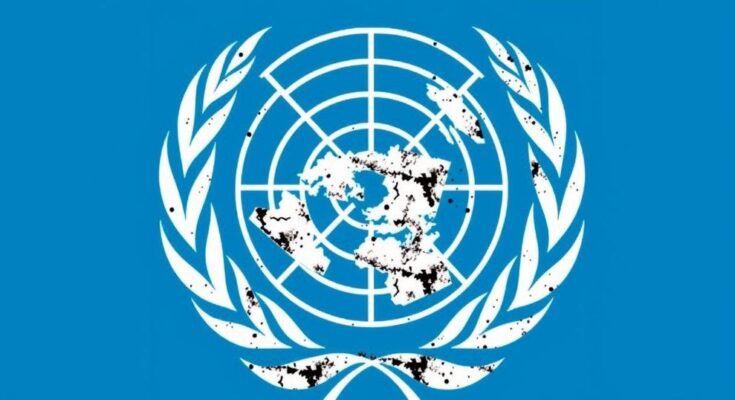UNAMA has urged the Taliban to stop public executions after condemning a recent execution in Paktia Province as a violation of human rights. The agency calls for a moratorium on the death penalty and emphasizes the need for fair trial rights. Public punishments have surged since the Taliban’s return to power, prompting widespread condemnation from human rights advocates and local citizens.
In a haunting echo of bygone eras, the UNAMA has called upon the Taliban to cease their public executions, a stark reminder of the atrocities committed under stricter regimes. Following a public execution in Paktia Province, where a man was killed in front of a crowd, UNAMA condemned this act as a blatant violation of human rights. They urged the Taliban-led government to initiate an immediate moratorium on capital punishment to align with international human rights standards. The grim reality reveals that public executions have re-emerged since the Taliban regained control in August 2021, with the current regime sanctioning brutal forms of justice, including stonings and lashings. In a chilling display, Taliban officials, including the interior minister, Sirajuddin Haqqani, oversaw the recent execution, employing the principle of “qisas” that dictates retributive justice. As the crowd gathered, the stark contrast between the vibrant lives of the spectators and the grim spectacle unfolded in Gardez’s stadium. Reports indicate that over three years, the Taliban has conducted at least 176 public executions, alongside countless other punishments inflicted in their prisons. As these incidents multiply, human rights advocates and citizens alike decry the regime’s disregard for fundamental freedoms. Activist Sanam Kabiri poignantly stated, “The Taliban are committing severe abuses against the people of Afghanistan. The world must not ignore the Taliban’s cruelty.” The emotional turmoil resonates deeply within Afghanistan’s public sphere, as one resident lamented, “The Taliban have turned sports stadiums into places of violence and punishment. Instead of addressing the needs of the Afghan people—like education and employment for women—the Taliban respond with lashes and torture.” This distressing assertion underscores a nation deep in the throes of both despair and resistance. A decree from Taliban leader Hibatullah Akhundzada further cemented this troubling reality, mandating the enforcement of harsh penalties, contributing to an atmosphere thick with fear. The uptick in public punishments reflects a stern return to stringent sharia practices, urging the international community to rise against such violations of personal liberties and human dignity.
In recent years, Afghanistan has witnessed the return of Taliban rule, accompanied by a resurgence of public executions and brutal penalties reminiscent of their previous regime. This troubling phase highlights the ongoing struggle for human rights within the country. The United Nations Assistance Mission in Afghanistan (UNAMA) has consistently called for the Taliban to respect international human rights obligations, amidst increasing public dissatisfaction and international condemnation of their practices. As the Taliban continues to govern, their interpretation of Islamic law justifies harsh punishments, further endangering the rights of Afghan citizens, particularly women and children.
The United Nations’ appeal for the Taliban to halt public executions encapsulates a growing outcry against human rights violations in Afghanistan. Despite ongoing efforts to advocate for reforms, the Taliban’s grim adherence to public punishment marks a deepening crisis. As international attention oscillates, the persistent horrors endured by the Afghan people serve as a clarion call for global intervention and solidarity against oppression. The hope for a future where dignity and justice prevail remains a vital aim for those yearning for change.
Original Source: amu.tv



